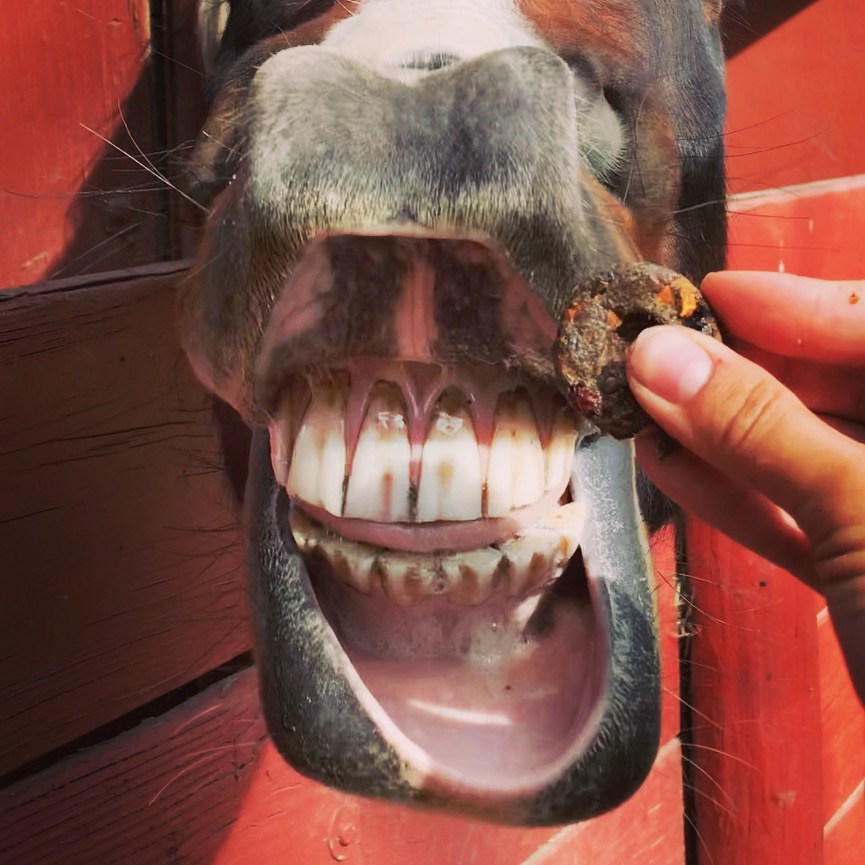Why Your Horse Should Eat From Ground Level
- Twenty Four Carrots

- Jan 15, 2021
- 2 min read
Updated: Jul 9, 2023
When looking at horses in their natural habitat, they are always observed grazing with their heads down. That’s because, quite obviously, their food is on the ground...not in a feeder that is above ground level. Because horses graze from the ground, their bodies have evolved to work most efficiently when being fed from this “head down” position.
When feeding from the ground, or a ground level feeder to prevent sand/dirt intake, studies have shown that horses produce substantially more saliva than those who are fed from an elevated position. Saliva production is critical to the digestive process, saliva also helps to coat the stomach which prevents the formation of ulcers and can lessen risk of colic. When fed from ground level, chew time is also increased...increased chew time also leads to increased saliva production.
The effects of being fed from an elevated position versus ground level extend far beyond saliva production. Being fed from an elevated position affects multiple elements of digestion, the respiratory system, stresses the skeletal and muscular systems and even impacts the emotional state of the horse.

Digestion, Teeth & Chewing
As soon as the horse starts to chew food, the digestive process begins. When a horse is feeding from a ground level position, studies have shown that they not only chew longer but they take smaller bites as well, thus increasing chew time as the overall amount of feed supplied will last longer than if fed from an upright position. Because the horse chews longer when fed from ground level, the food is better prepared for the digestive tract and more nutrients are absorbed from the food. Not only is chewing affected from a natural head position while eating, but the actual teeth themselves have been shown to wear better over time. Horses who feed from an upright position are more likely to have a tense tempormandibular joint (TMJ). The TMJ communicates balance and equilibrium to the brain, if the TMJ becomes compromised, the horse’s sensory systems aren’t as sharp and they may become clumsy and could injure themselves. Horses who eat from an elevated position usually require more dental care than those who feed from a natural position.
Respiratory, Skeletal & Muscular Systems
While horses are eating they are also breathing and head position during this time plays a big role in respiratory health. When a horse has its head down, gravity helps to clear out drainage from the nose, as nature intended. When fed in an upright position horses are more at risk for respiratory infections, even lung infections. Horses who are fed from an upright position are more prone to developing bad posture and the weight of the head can stress the extensor muscles in the neck and muscle soreness.

Emotional State
The posture of a horse and emotional state go hand in hand. When a horse is feeding from a natural head down position, they are more likely to be relaxed whereas a horse who is forced to eat with their head elevated is more likely to have an alert and tense mental state.
Feed your horse as nature intended for them to be fed - from the ground! You will have a much happier, and healthier horse overall.
Horse should eat from ground level



Comments